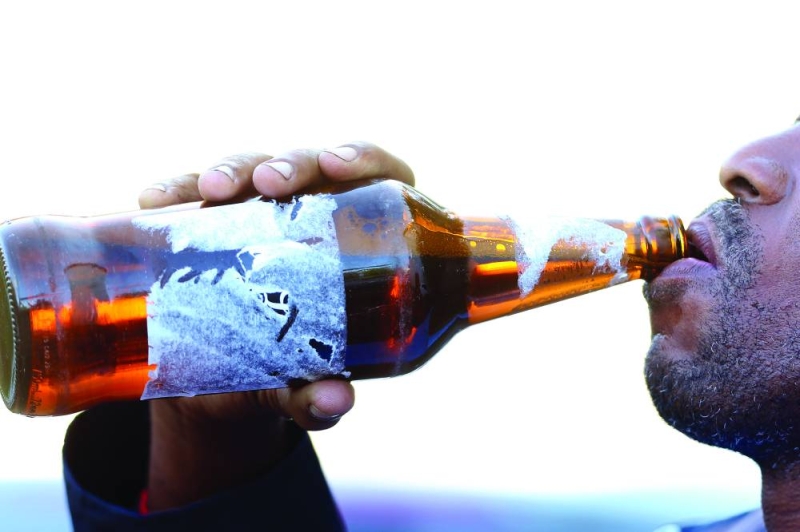US firm, BURS seal 10-yr ‘track and trace’ deal
Mbongeni Mguni | Tuesday August 2, 2022 16:38


In a statement earlier today, Authentix said the new contract covers the marking and digital tracking of an estimated 500 million product units per year.
The track and trace system involves placing a biometric imprint on all alcohol and tobacco products as they are manufactured and imported into the country, allowing the BURS to check that the correct tax revenue is being paid and that the products are genuine and not illicit.
“The new digital track and trace system will boost tax revenue collections levied on manufacturers and importers by increasing industry compliance, reducing illicit trade, and preventing the underreporting of volumes,” Authentix officials stated.
Recently, BURS officials told Mmegi that the alcohol and tobacco industries were a key player in the estimated loss of P3 billion in tax revenues each year. Part of the problem, the tax collector says, is that the industries, particularly alcohol, have a high number of taxes, levies, and other statutory revenues due to government, which make under-reporting and understatement rampant.
The track and trace initiative has been on the cards since at least 2016 and has been strongly resisted by the alcohol and tobacco industries, with the key contention being the cost of the biometric marker and who should bear the cost.
For the alcohol industry, players such as Kgalagadi Breweries Limited, the country’s biggest producer, view the biometric imprint or stamp as useful but an additional 'tax' on their operating costs, which since 2008 have been squeezed by the alcohol levy.
The Botswana Alcohol Industry Association has in the past said the track and trace system, at the level of costs per stamp proposed by the BURS, would have disrupted the industry to the “point of closure”.
BURS’ operations commissioner, Phodiso Valashia told Mmegi that after years of consultation, the tax agency was going ahead with the system.
“We have been consulting the alcohol and tobacco industries since 2016 and we have agreed on certain things and disagreed on others,” he said at a recent briefing. “We have not agreed on the cost because the industries wanted the stamp at certain thebes and we offered it at a certain amount. “It’s still a disagreement but we want to believe that with such a solution, it must be self-liquidating because it is not us running this, but outsourcing it to them. “The industries said we should leave the compliance solution to them as the private sector and they even said so last week. “We had given them from 2016 to understand the landscape in terms of smuggling and under-reporting, but that has not changed and that’s why we have said in this financial year, having given them those years to come up with a solution, it is time for BURS to bring its solution.”
